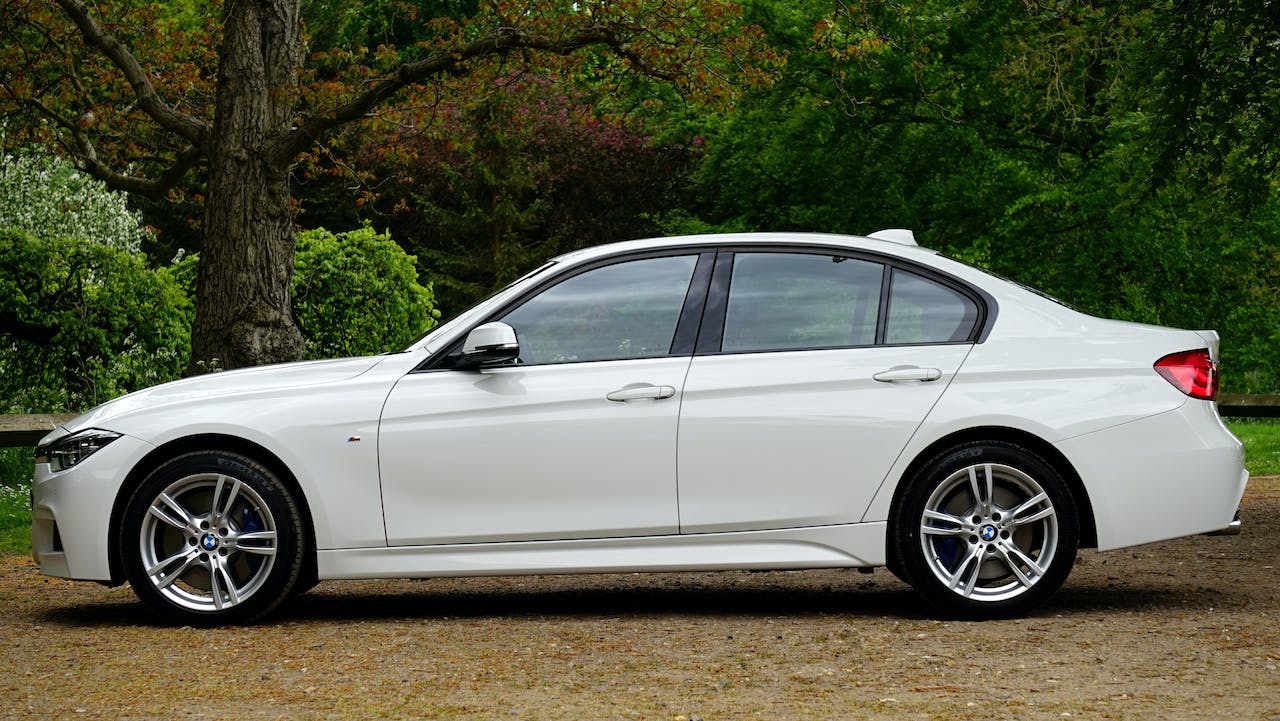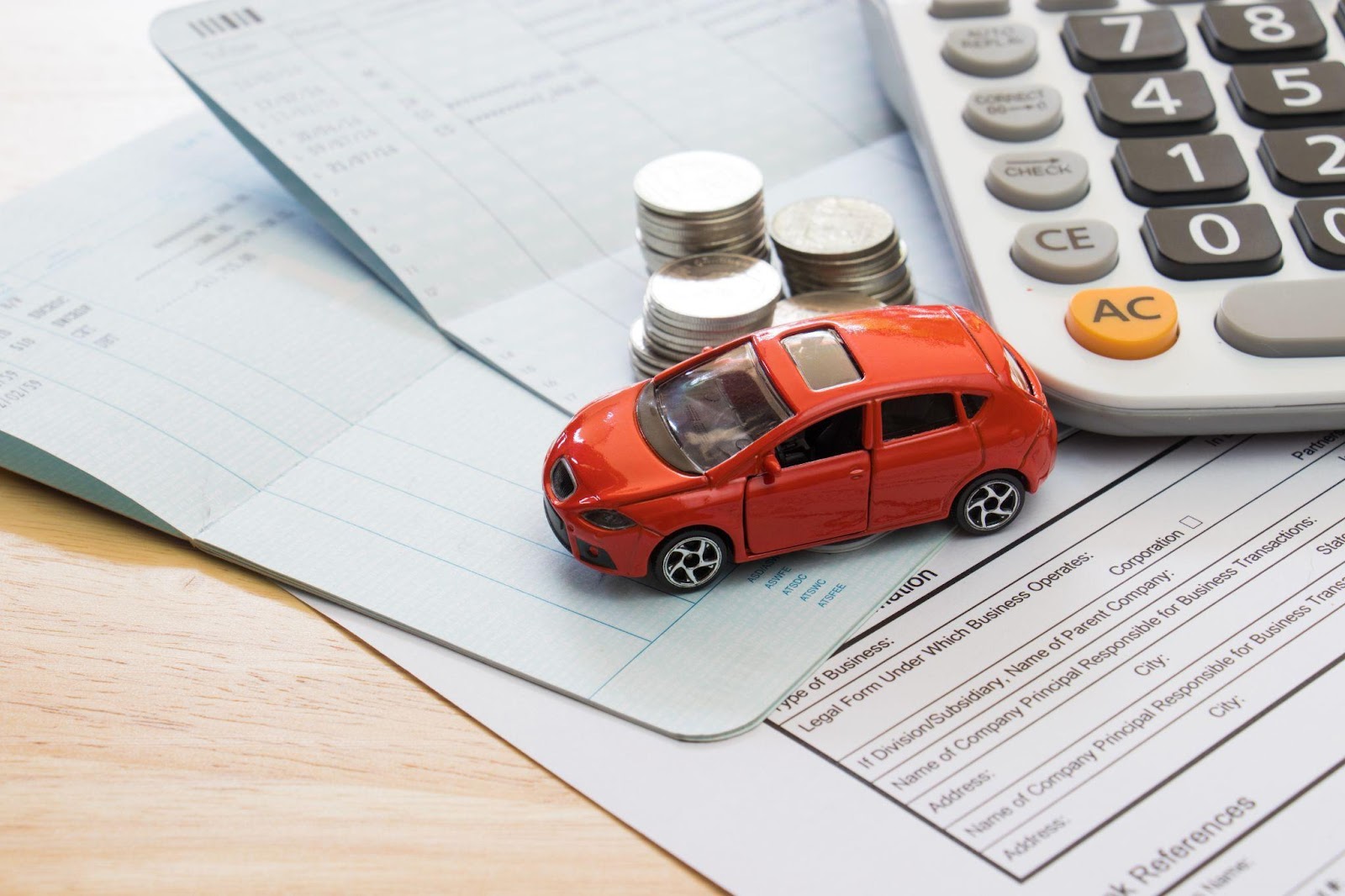Comments
- No comments found

Choosing auto insurance might seem daunting with so many options, coverage types, and policy details.
With the proper knowledge and a strategic approach, you can streamline the decision-making process and confidently secure coverage tailored to your needs. Here are seven tips for selecting the right car insurance coverage for you.

When shopping for auto insurance, it’s important to know what could be on your insurance policy. Here are the different types of car insurance coverage you might see on your policy:
Liability coverage: Liability coverage financially protects you if you’re found legally liable for causing bodily injury or property damage to another driver.
Collision coverage: Collision coverage helps pay to repair or replace your vehicle following an accident, regardless of fault.
Comprehensive coverage: Comprehensive coverage helps pay for repair or replacement costs if your vehicle was damaged by something other than a car collision. These incidents can include theft, vandalism, falling objects, fire, floods, and hailstorms.
Personal Injury Protection (PIP) coverage: PIP coverage helps pay for your medical expenses and other related costs if you’re injured in a car accident, regardless of fault.
Uninsured/underinsured motorist coverage: This coverage helps pay for costs related to bodily injury or property damage if an uninsured or underinsured driver hits you.
Each driver has unique needs, driving habits, and potential risks that should be considered. Remember these key factors when selecting the most suitable coverage for your needs:
Budget: Some of the coverages on your policy have a deductible — the amount you pay out of pocket before your insurance helps cover the rest. If you can afford a higher deductible, it could lead to lower premiums. If you’re on a tight budget, however, a lower deductible may be more suitable despite potentially having a higher premium.
Type of vehicle: Your car’s make and model are important in determining your insurance needs. Luxury cars generally have higher repair costs, so you may need more coverage to help cover those expenses. If you have an older car of lesser value, you may not need as much coverage.
Driving record: If you have a history of accidents or violations, you may pay more for your premium since insurers are taking on the risk of providing you coverage. On the other hand, you may qualify for discounts and lower premiums if you have a clean driving record.
Location: If you live in a high-crime area or a location prone to severe weather conditions, adding comprehensive coverage to your policy would be a good idea.
Driving habits and mileage: Evaluate your driving habits and the amount of time you spend on the road. You may want to consider comprehensive coverage if you have a long daily commute or frequently embark on road trips. Conversely, a basic policy might be more cost-effective if you use your car sparingly.

How much car insurance coverage do I need? It depends on your situation and the types of coverage you’re getting. Here are things to consider for each type of coverage:
Liability coverage is required by law in most states, and each state establishes minimum coverage limits. For example, in California, you must carry a minimum liability coverage of $15,000 for bodily injury per person, $30,000 for bodily injury per accident, and $5,000 for property damage. Assess your situation to determine whether you need more coverage than the minimum coverage requirements.
This coverage is only required in some states. If you’re required to get this coverage or decide you need it, consider matching your coverage limits to the same amount as your liability coverage, as it should provide enough protection for medical expenses and property damage.
These coverages are not required by any state. However, most lenders require you to get these coverages if you're financing or leasing your car. With these coverages, your insurer covers damage to your vehicle up to your car’s actual cash value (ACV) — your car’s value immediately before the damage happened. Additionally, your insurer will subtract your deductible from this amount. For example, if your car is worth $3,000 and your deductible is $500, you would get $2,500. As mentioned earlier, the higher your deductible, the lower your premium. Assess your budget and determine whether a higher or lower deductible suits your needs.
Some states require PIP, while others don’t. How much PIP coverage you need depends on your health insurance. If you have adequate health insurance, you may not need PIP. If you live in a state that requires it, opting for the minimum coverage amount may be more than enough for your needs. However, PIP can help pay for other expenses, such as lost wages and funeral expenses. Health insurance doesn’t provide this coverage. Keep this in mind when selecting your coverages.
Comparing insurance providers and policies is a key step when shopping for car insurance. Check out these tips to help you find reliable and affordable auto insurance:
Assess each provider's reputation for their customer service, claims process efficiency, and financial stability.
Read customer reviews and visit sites like the Better Business Bureau to verify their legitimacy.
Examine the details of each policy, comparing coverage limits, deductibles, and any additional perks or discounts offered.
Seek recommendations from friends and family members.
Policy exclusions and limitations outline the specific circumstances in which your insurance may not provide coverage. Common exclusions include intentional acts, driving under the influence, or using your vehicle for commercial purposes without the appropriate coverage. Additionally, limitations may apply to coverage for rental cars, custom modifications, or certain types of natural disasters. Understanding these exclusions and limitations can help avoid surprises when filing a claim. If any policy aspect is unclear, don't hesitate to seek clarification from your insurance provider or agent.
Car insurance policies aren't set in stone, so consider reviewing your policy's terms and conditions annually and making updates if necessary. For example, as your vehicle depreciates, you should reassess your need for collision and comprehensive coverage. Additionally, life events such as marriage, moving out of state, or having a child can impact your insurance needs.
Exploring the intricacies of car insurance can be overwhelming. That’s why it’s valuable to seek professional help from an insurance agent or broker. They help you understand the fine print of policies, identify coverage gaps, and suggest adjustments to ensure you have the most comprehensive protection possible. They can also guide you in optimizing your coverage while staying within your budget.
By investing time and effort into this process, you can tailor your coverage to provide the protection you need on the road, allowing you to drive with confidence and financial security.
Leave your comments
Post comment as a guest